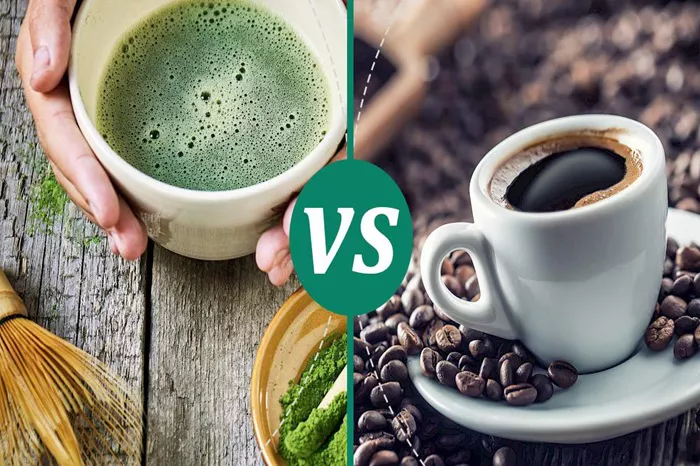In the realm of dietary choices, the debate between matcha and coffee continues to pique interest, especially concerning their effects on skin health and overall well-being. Both beverages boast distinct profiles in terms of caffeine content and antioxidant composition, making them suitable for different health goals and individual preferences.
Dr. Rajeshwari Panda, Head of the Nutrition and Dietetics Department at Medicover Hospitals in Navi Mumbai, suggests that transitioning from coffee to matcha can be advantageous for those seeking to moderate their caffeine intake or capitalize on the diverse antioxidants present in matcha. Emphasizing the importance of a balanced diet tailored to individual health needs, she underscores the necessity of consulting healthcare providers for personalized dietary advice.
Understanding Matcha’s Benefits
Antioxidant Content: Matcha stands out for its high concentration of antioxidants, particularly polyphenols like catechins. Unlike conventional green tea, where leaves are steeped and discarded, matcha incorporates the entire ground tea leaf, potentially amplifying its antioxidant potency. However, the exact polyphenol levels can vary based on quality and preparation methods.
Anti-Ageing Claims: While recognized for its antioxidant prowess in combating oxidative stress, matcha’s role in reversing ageing remains ambiguous. While antioxidants aid in cellular protection, the multifaceted nature of ageing involves numerous factors beyond antioxidant intake.
Gut Health and Cancer Considerations: Studies suggest that the catechins in matcha and green tea could potentially benefit gut health and exhibit anticancer properties in laboratory settings. However, further research is essential to validate these effects in human contexts, especially regarding specific claims such as combatting breast cancer stem cells.
Expert Insights on Skin Health
Dr. Subrata Das, Head of Internal Medicine and Diabetology at Sakra World Hospital in Bengaluru, highlights matcha’s antioxidant-rich composition, particularly its EGCG content, which effectively neutralizes free radicals contributing to skin ageing. Additionally, matcha’s anti-inflammatory properties may mitigate skin redness and conditions like acne while promoting collagen production for enhanced elasticity. As a hydrating beverage, matcha helps maintain optimal skin moisture levels.
In contrast, coffee, also rich in skin-beneficial antioxidants, possesses diuretic properties that can potentially dehydrate the skin. Excessive coffee consumption might disrupt sleep patterns, impede skin repair processes, and exacerbate acne by influencing hormonal balance and oil production.
Dr. Das concludes that while both beverages offer antioxidant benefits, matcha’s hydrating attributes and potential anti-inflammatory effects position it favorably for those prioritizing skin health. He notes that individual preferences, caffeine sensitivity, and taste profiles should also inform dietary decisions.
In summary, the choice between matcha and coffee transcends mere preference, influencing health goals and skin well-being through their distinct nutritional profiles and physiological impacts. As dietary preferences evolve, consulting healthcare professionals remains crucial for tailored advice aligned with individual health needs.
Related topics:
Achieving Glowing Summer Skin: Expert Tips for Simplified Skincare
Dr. Speron’s Natural Skin Care Launches Innovative Scar Treatment
Optimizing Skincare: Synchronizing with Your Summer Circadian Rhythm

